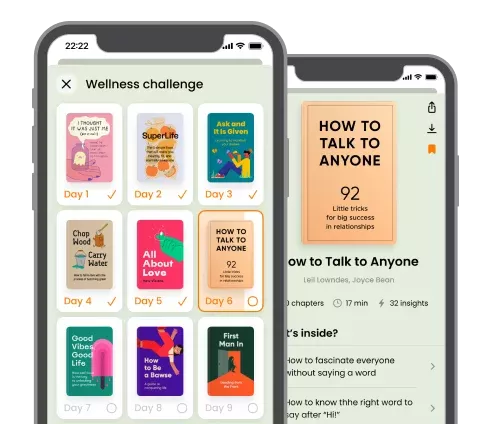6 Best Cognitive Science Books
Discover a wide range of cognitive science books that delve into the fascinating study of the mind, cognition, and human behavior.
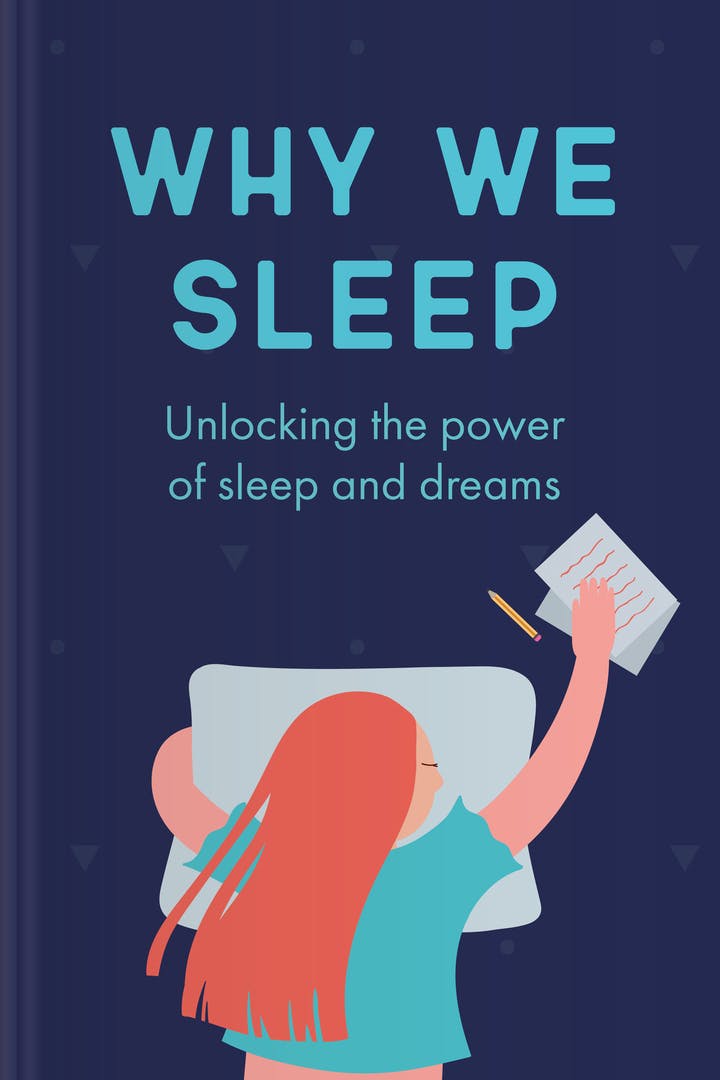 1
1Why We Sleep
by Matthew Walker and Steve West
What is Why We Sleep about?
In this enlightening exploration, two experts delve into the fascinating world of sleep and dreams, revealing the profound impact they have on our overall well-being. Through a combination of scientific research and personal anecdotes, the authors uncover the crucial role that sleep plays in our physical and mental health, while offering practical tips to optimize our sleep patterns and harness the incredible power of our dreams.
Who should read Why We Sleep
Anyone seeking to understand the importance of sleep for overall well-being.
Health professionals looking to deepen their knowledge of sleep science.
Individuals struggling with sleep issues and seeking practical solutions.
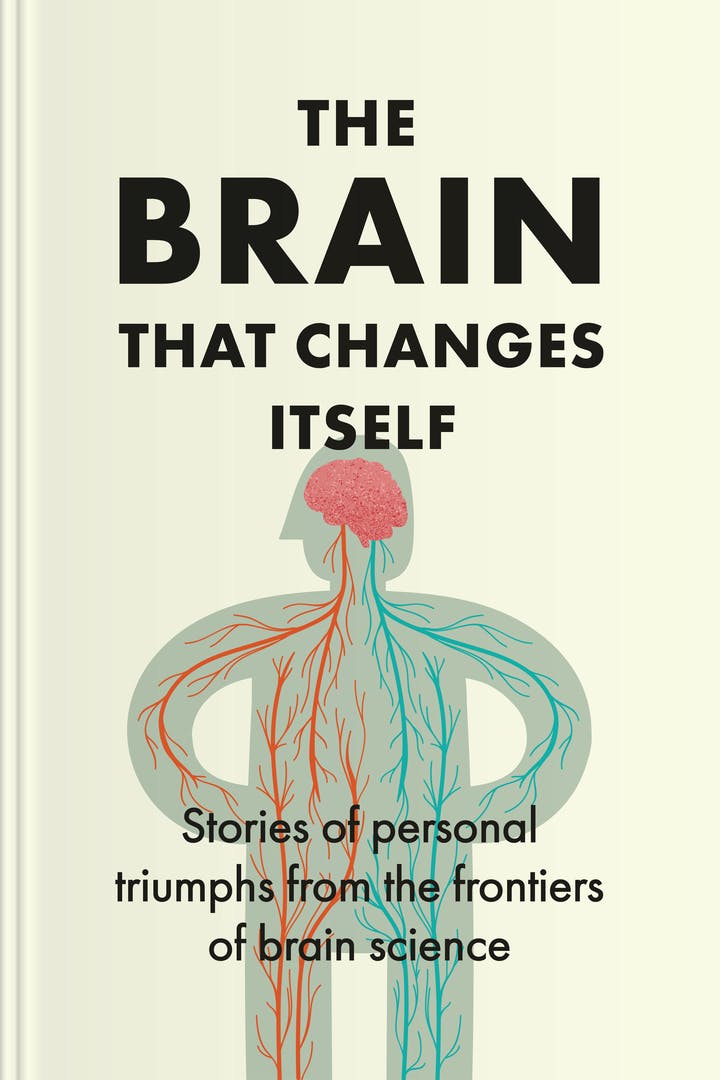 2
2The Brain that Changes Itself
by Norman Doidge, M.D.
What is The Brain that Changes Itself about?
"The Brain that Changes Itself" by Norman Doidge, M.D. explores the remarkable capacity of the human brain to adapt and rewire itself. Through a collection of captivating stories, Doidge delves into the frontiers of brain science, showcasing personal triumphs of individuals who have overcome various neurological challenges. This groundbreaking book sheds light on the plasticity of the brain and offers hope for those seeking to harness its transformative power.
Who should read The Brain that Changes Itself
Individuals interested in understanding the remarkable plasticity of the human brain.
People seeking inspiration from stories of personal triumph over neurological challenges.
Professionals in the field of brain science looking for groundbreaking research.
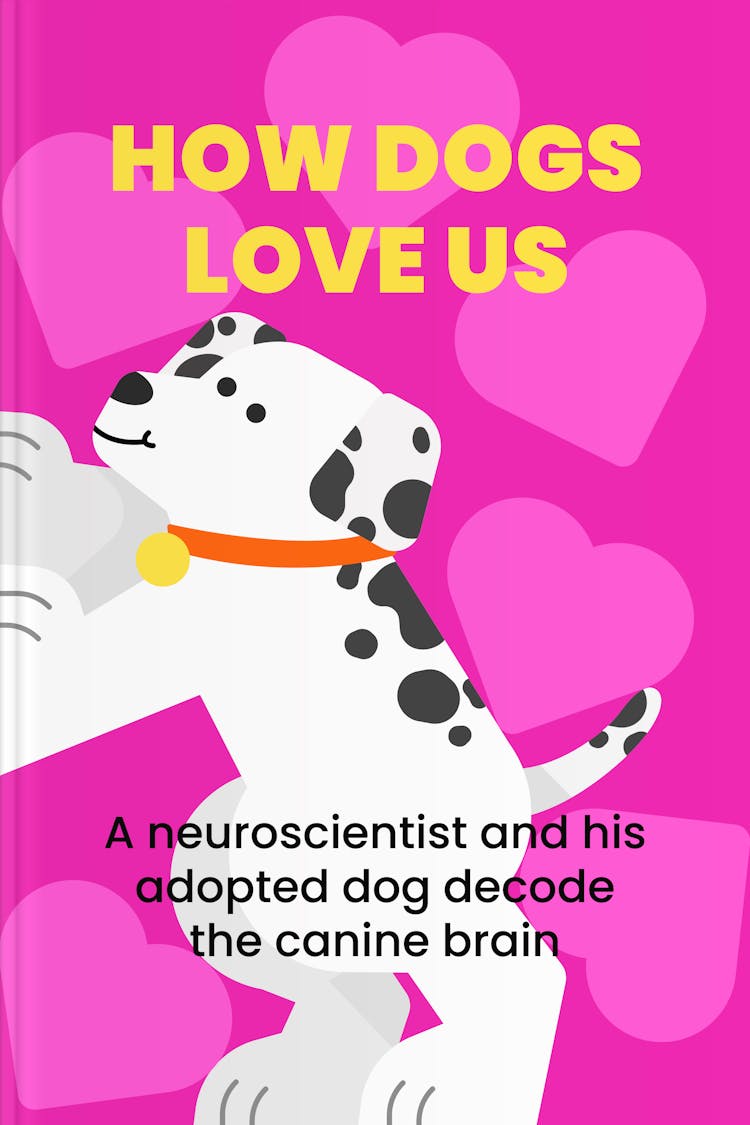 3
3How Dogs Love Us
by Dr. Gregory Berns
What is How Dogs Love Us about?
In this captivating book, a renowned neuroscientist shares his personal journey of decoding the mysterious workings of the canine brain. Through a series of groundbreaking experiments, he explores the depths of the human-dog bond, revealing the true extent of how dogs love us. With heartwarming anecdotes and scientific insights, this book offers a unique perspective on the profound connection between humans and their furry companions.
Who should read How Dogs Love Us
Dog owners seeking a deeper understanding of their furry companions.
Animal lovers curious about the science behind canine emotions.
Neuroscientists interested in the study of animal cognition and behavior.
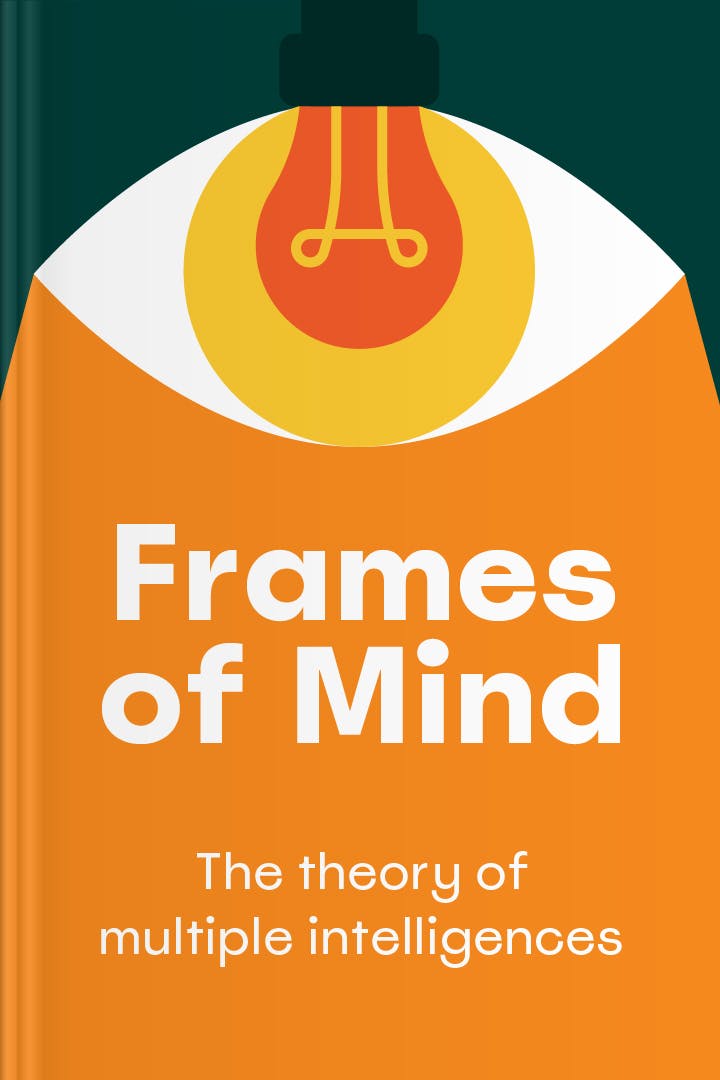 4
4Frames of Mind
by Dr. Howard Gardner
What is Frames of Mind about?
In this groundbreaking book, Dr. Howard Gardner presents his theory of multiple intelligences, challenging the traditional notion of intelligence as a single, fixed entity. Exploring the diverse ways in which individuals can be intelligent, Gardner identifies and describes seven distinct intelligences, ranging from linguistic and logical-mathematical to musical and bodily-kinesthetic. With compelling evidence and thought-provoking insights, this book revolutionizes our understanding of human intelligence and its implications for education and society.
Who should read Frames of Mind
Educators seeking to understand and apply multiple intelligences in teaching.
Parents interested in nurturing their child's unique intellectual strengths.
Psychologists and researchers exploring the concept of intelligence diversity.
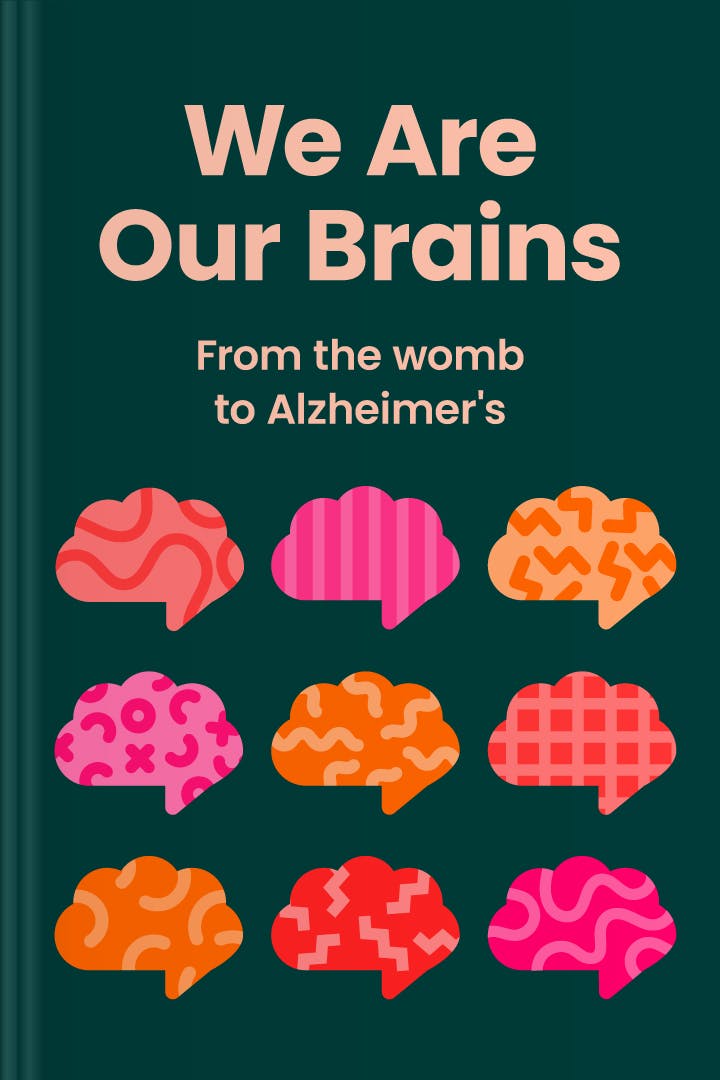 5
5We Are Our Brains
by D. F. Swaab
What is We Are Our Brains about?
In this thought-provoking book, the author delves into the intricate workings of the human brain, exploring its development from the earliest stages of life to the challenges posed by Alzheimer's disease. With a blend of scientific research and personal anecdotes, the book sheds light on the profound impact our brains have on shaping our identities, behaviors, and experiences, ultimately emphasizing the importance of understanding and caring for our most vital organ.
Who should read We Are Our Brains
Individuals interested in understanding the intricate workings of the human brain from birth to old age.
Medical professionals seeking comprehensive insights into the development and degeneration of the brain.
Those affected by or caring for individuals with Alzheimer's disease.
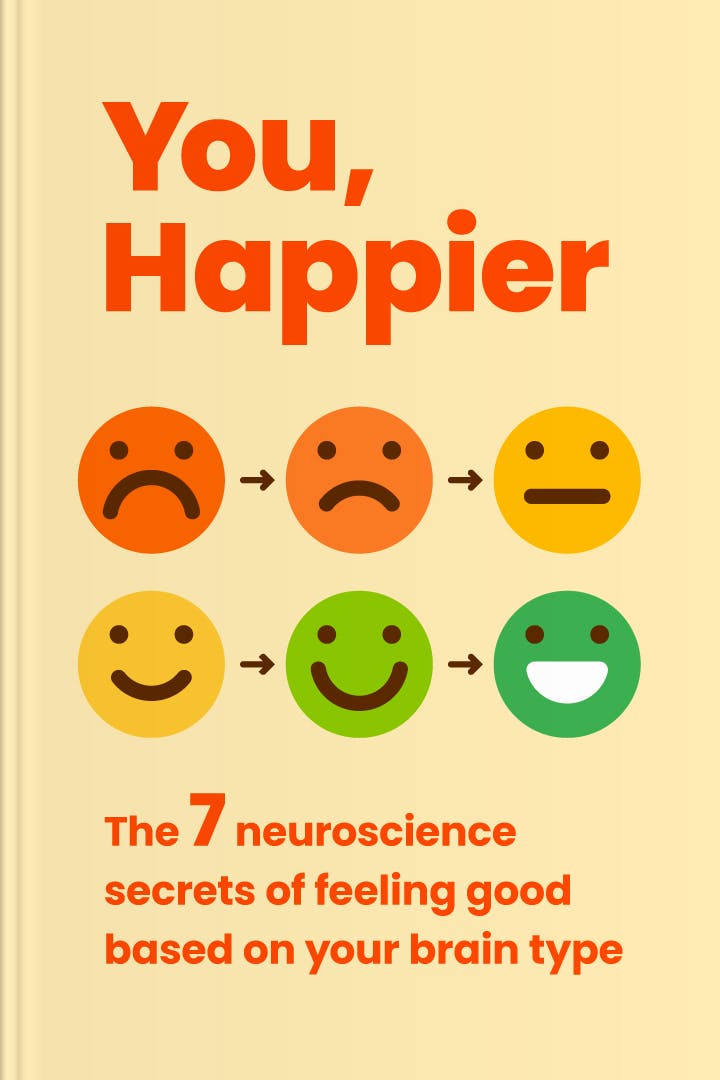 6
6You, Happier
by Daniel Amen, M.D.
What is You, Happier about?
In this insightful book, a renowned neuroscientist, Daniel Amen, reveals the 7 neuroscience secrets that can help you achieve happiness based on your unique brain type. By understanding the intricate workings of your brain, you'll learn practical strategies to improve your mood, boost your energy, and enhance your overall well-being. With a blend of scientific research and practical advice, this book empowers readers to take control of their happiness and live a more fulfilling life.
Who should read You, Happier
Individuals seeking to understand the science behind happiness and improve their well-being.
Psychology enthusiasts interested in exploring the connection between brain types and happiness.
Those looking for practical strategies to enhance their happiness based on their unique brain type.
